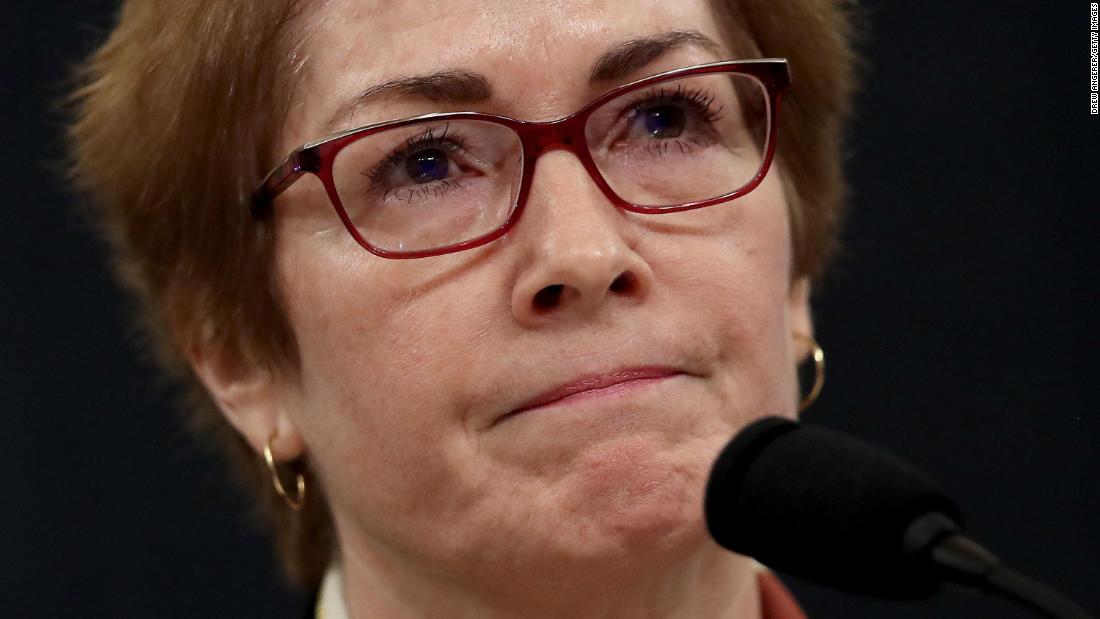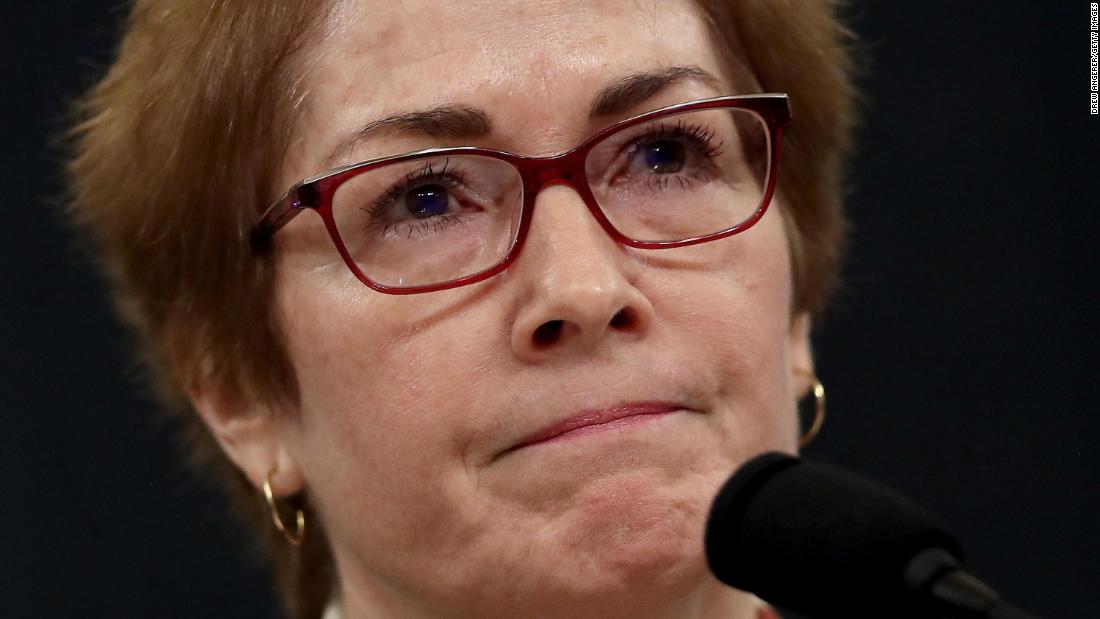[ad_1]

The investigation provides a stark counterpoint to Trump’s own attempt to coerce Ukraine’s president to announce an investigation of his political rival, and what it reveals could deepen the controversy over Trump’s actions beyond his impeachment trial.
First, the speed with which Ukraine opened this investigation shows that, given a valid basis, it would not hesitate to investigate potential criminal activity. The Interior Ministry moved just days after public disclosure of text messages between Lev Parnas, an associate of Giuliani’s, and Robert Hyde, a GOP congressional candidate who claimed that he had tracked Yovanovitch.
By contrast, Ukraine President Volodymyr Zelensky resisted Trump’s demands last year for an announcement of an investigation into the Bidens. Zelensky was reluctant even though he had much to gain from complying with Trump’s demand, including vital military aid to counter Russian aggression and, possibly, an official welcome at the White House.
This suggests that Trump’s demand to investigate the Bidens wasn’t based on facts or evidence but was an effort to gain an advantage in the 2020 election.
Second, Ukraine’s Interior Ministry noted that it would be asking the FBI to help in its investigation. This is a reminder that there are formal channels that countries use and jurisdictional boundaries that they respect when undertaking investigations like this. Countries that have good faith concerns about wrongdoing will take the lead in investigating them, if possible, seeking support from other countries only when necessary.
Trump and his cronies did none of this. They circumvented formal channels, asking Zelensky to coordinate with Trump’s personal lawyer instead of the government. Though the US had jurisdiction over the Bidens, Trump ignored extensive US corruption statutes and outsourced his concern for “corruption” to another country rather than have his own attorney general investigate. This would make sense only if the interest wasn’t a real investigation, but just the specter of one held over his political opponent. Trump denies that was his intent.
That Ukraine is investigating possible threats against an American diplomat more aggressively than the US Department of Justice makes Barr’s silence even more deafening.
Trump, Barr, and the GOP may hope that the Senate trial — which right now appears poised to acquit him on partisan lines, without calling further witnesses — will put an end to this scandal. But with Ukraine investigating the alleged surveillance on Yovanovitch, neither Trump nor his GOP supporters have control over further evidence of Trump’s Ukraine plot from emerging. Ukraine’s investigation may, in fact, pick up where the Senate trial leaves off, and that should worry the President.
[ad_2]
Source link

